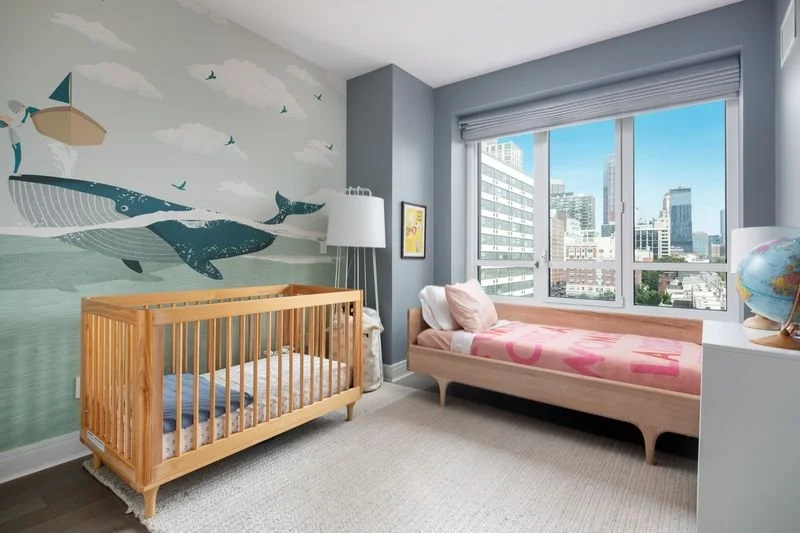Assisted Living And Your Property
Life has its ups and its downs, but on the whole it’s a blissful journey that’s enriched by the experiences we share with those closest to us. It’s also enriched by the safety and sanctity of the home. Your property, after all, is more than just another commodity, it’s the place where you’ve spent a lifetime making memories. It’s where you’ve seen your kids grow up, where you’ve babysat grandchildren and where you’ve enjoyed making beautiful memories with your family. As such, when we come to the realization that our age or our health or a combination of both have impeded our ability to live independently at home, it can be a source of some distress.
While you may be able to get the care you need at home, there’s a chance that residential care may be the best option for you. And potentially that’s great. Just check out the long term care plans at https://mcknightplace.com/skilled-nursing/long-term-care/. Assisted living can give you better access to the care you need, a varied schedule of activities and far more opportunities for social interaction than you may usually be afforded. But if you make the decision to go into residential care it begs the question… What will happen to your property? Here we’ll look at the available options and how to make that difficult but all important decision.
Selling your property
If you’re open to the notion of selling your home, this can have some inherent advantages. Obviously if you’ve already paid off your mortgage you could find yourself with more capital than you expected but even if you’re still paying off your home loan, selling the property will clear your debt and leave you with a substantial sum which can cover moving in costs. You’ll also enjoy reduced monthly outgoings and fewer financial issues weighing on your mind so that you can focus solely on your health and enjoying your autumn years.
Renting out your property
There are some for whom selling the property isn’t all that appealing. Their personal and emotional attachment to the home may be too great or they may simply want to leave a substantial inheritance for their families. For these people, renting out the home may be a viable option as it will help to ensure a steady influx of cash to help pay off ongoing expenses and the rental income you’re able to command may well eclipse your mortgage payments by a comfortable margin even factoring in agency fees. Moreover, higher value homes tend to attract more stable tenants, meaning that your role as an absentee landlord will be relatively worry free. Renting your home is not an option for those applying for Medicaid.
Invest in technology
One of the key requirements that comes in handy when you are looking to sell or rent your property for assisted living is to invest in the right kind of technology. Scheduling for assisted living is important as these softwares help you create, share, and edit schedules so that it becomes easier for you to manage residences for seniors.
Advanced scheduling software gets you started in minutes and offers unlimited free support. It’s particularly designed for those in the assisted living business so that you can spend more time with employees and residents and less time on scheduling and tracking. With specialized software like Agendrix, you can benefit by making the best use of your limited resources. Moreover, advanced scheduling software can help you:
Track time to reduce overhead costs
Plan and closely track the work schedules
Create and assign customized for specific work conditions
Utilize schedule templates to reuse rotating or fixed schedules
Manage several locations and schedules simultaneously
Most of the scheduling software comes with a yearly or monthly pricing structure that totally corresponds to the number of users using the system.
Reverse mortgages
The final option is a reverse mortgage which will be beneficial to those in specific circumstances. A reverse mortgage will allow you to release some of the equity from your home to pay for your care, but in most cases you will need to have a partner or cosignature for your reverse mortgage who is ordinarily resident in the home. That makes this the perfect option for those who have a partner in good health.
Making the decision
This is a difficult decision to make and it’s one that nobody should face alone. Don’t be afraid to discuss the matter with your partner, your children, your lawyer or your financial advisor. They will help you to make an informed choice that’s right for you!







